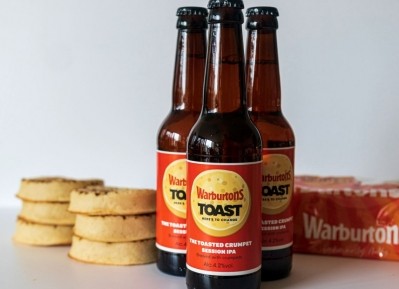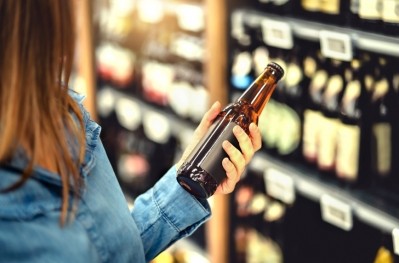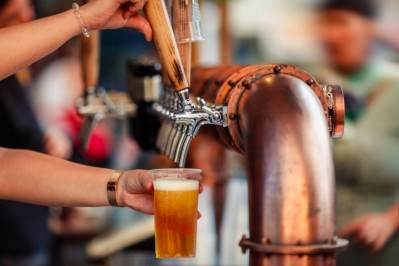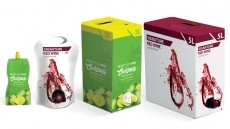Carlsberg’s craft and alcohol-free portfolios look to continue growth in 2020
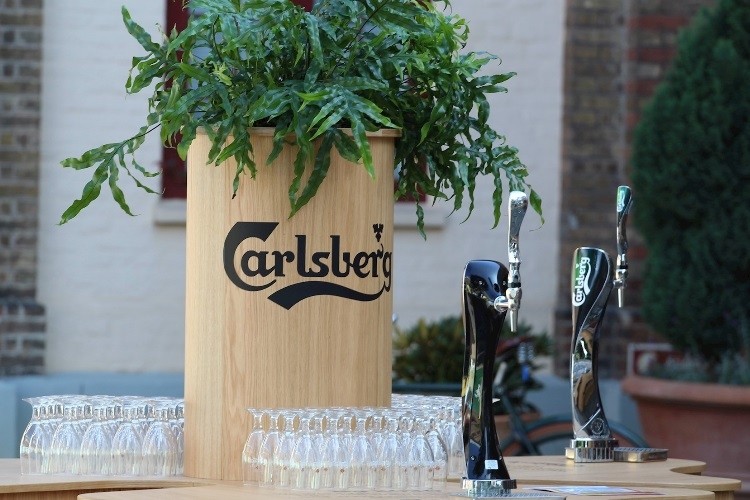
Carlsberg’s key priorities include growing its craft and speciality brands, its alcohol-free brews and its presence in Asia. It has heavily invested in these segments since 2016, particularly in Europe.
For craft, speciality and alcohol-free beer, Carlsberg found popularity surging in many markets. This has been driven by a consumer demand for premium brands with varied tastes and styles, as well as interest in healthier drinking habits. The combined share of revenue of Carlsberg brands in these categories in 2019 increased from 13% to 14%.
From Brooklyn to Tourtel
Volumes of alcohol-free brews grew by 7%, mostly coming from line extensions of existing local Carlsberg brands. In Western Europe, alcohol-free volumes grew by 10% last year, supported by strong growth in Poland, Finland and Sweden.
Brooklyn Brewery’s Special Effects non-alcoholic beer launched last year in Europe in a collaboration with Carlsberg. It debuted first in 2018 in Sweden, and after a positive consumer response distribution grew rapidly in 2019. The rest of Brooklyn’s beers range from 4%-7% ABV, with Special Effects at less than 0.5% ABV.
Carlsberg now also distributes the brew in Norway, Finland, Italy and the UK, in more than 1,000 on-trade outlets. And it promises to expand the brew to more markets in 2020.
Carlsberg’s Tourtel Twist brand manufactures 0.0% beers made with fruit juice and flavoured beer, first launched in France in 2015. Its local popularity has been a major driver of the alcohol-free category in France, which grew by 150% between 2014-2018.
Tourtel’s growth has taken volume from soft drinks and wine in France, and recently expanded with the launch of Tourtel Botanics in 2019. It’s described as a clean label, non-alcoholic beer made from barley, plants and fruits with no added sugar.
Responsible drinking on tap
Carlsberg is making it a priority to get its alcohol-free beers to 100% distribution in 100% of its markets, in order to expand consumer choice and improve on responsible drinking efforts each year.
About 99% of Carlsberg’s packaging currently carries messages or icons advising consumers not to drink and drive, or not to drink while underage or pregnant. And 90% of its global packaging lists ingredients while 65% contain nutritional information.
A big step forward in alcohol-free beer distribution in 2019 was their inclusion on DraughtMaster, Carlsberg’s beer preservation system. On tap lines at bars and restaurants, it keeps beer sealed-in and untouched, maintaining freshness for up to six times longer than traditional kegs.
Including non-alcoholic beer in the system is experiential for customers not imbibing, still giving them the option of a freshly poured brew. Moving this segment forward will further support the on-trade growth of alcohol-free beer, Carlsberg predicts.
DraughtMaster also has a new digital layer with patented hardware and software that creates a real-time consumption dataset. This will give bars and restaurants a better understanding of the system and its benefits, and help Carlsberg improve customer service and supply chain management.
Crafting future success
In craft and specialty, Carlsberg’s 1664 Blanc brand grew volumes by 29% last year, bolstered by China, Malaysia and France. It’s now Carlsberg’s largest brand in the category.
Somersby cider volumes were up 14%, with strong growth in Ukraine, Poland and Croatia. Other strong craft brands from Carlsberg include Jacobsen in Denmark, Nya Carnegie in Sweden and Valaisanne in Switzerland.
Cees ’t Hart, CEO of Carlsberg, said “We’re pleased with our results in 2019. We saw healthy top-line growth, strong margin improvement and strong cash flow. In recent years, we’ve strengthened our business considerably, and we’ll continue to execute on our SAIL’22 priorities and further reinforce our Funding the Journey culture to support long-term growth and value creation for shareholders.”
